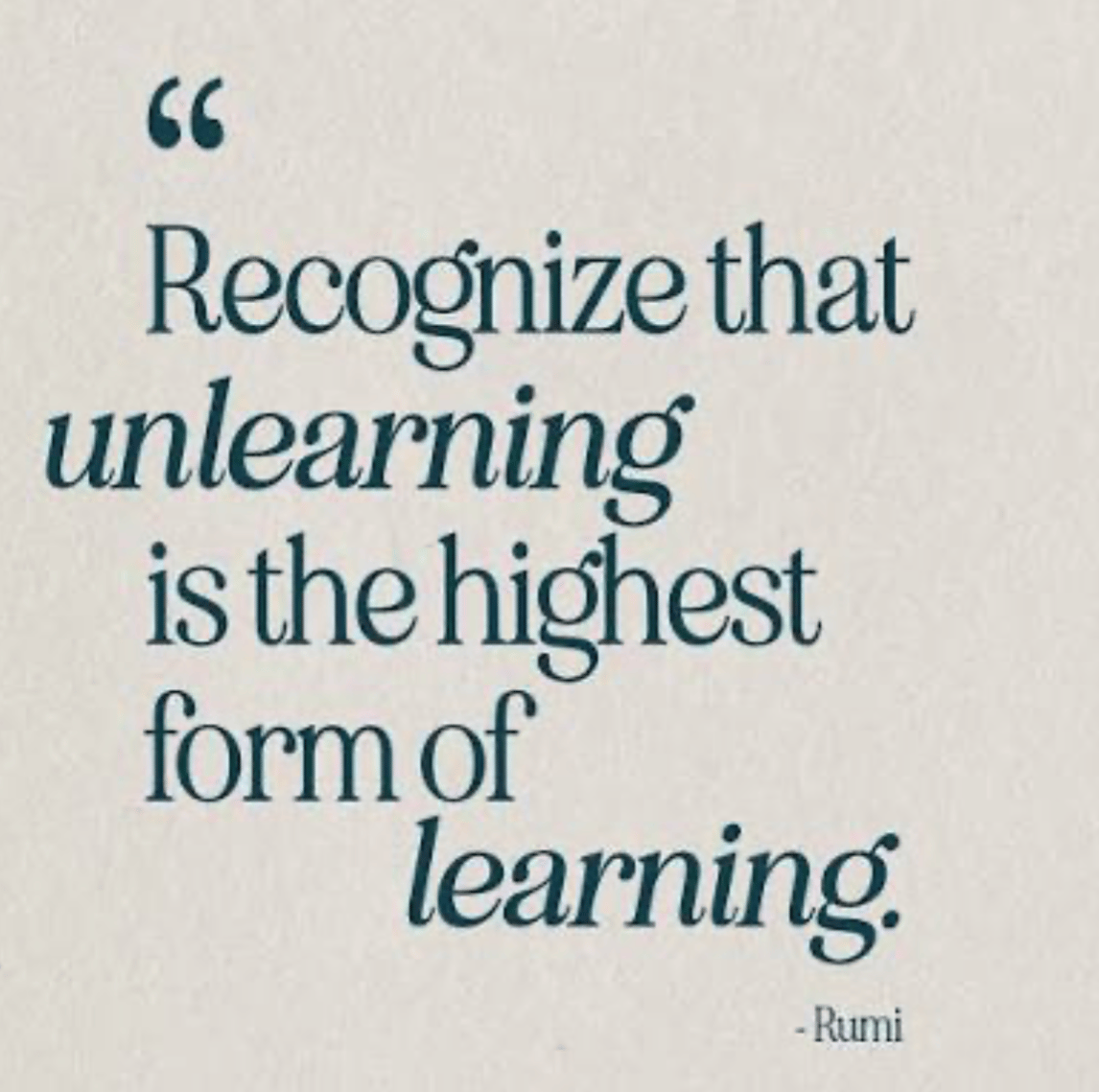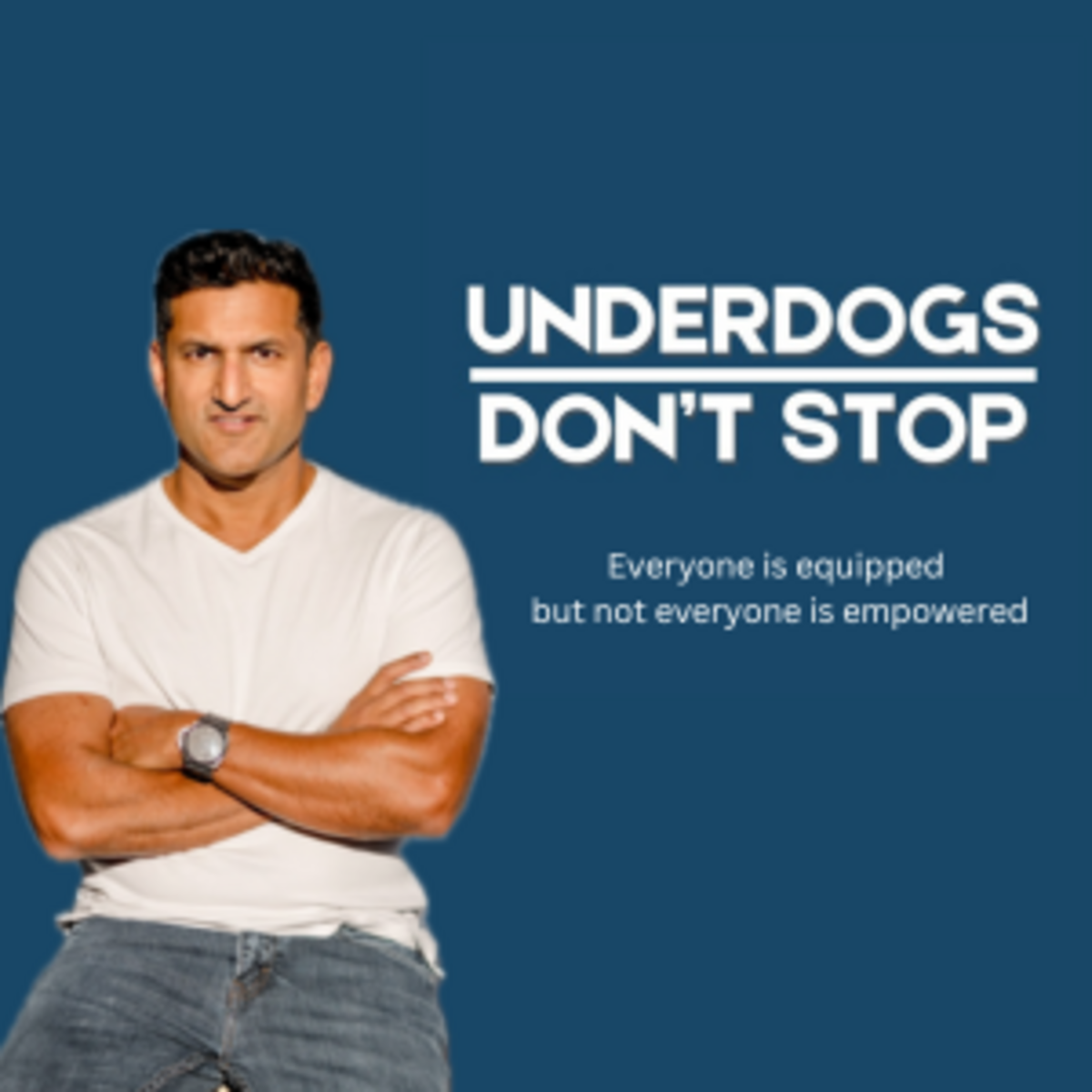
The Power of Steady Leadership in a Storm

In 2005, Delta Air Lines was running out of runway.
After decades of growth, the airline was buried in nearly $20 billion of debt. Rising fuel costs, the post-9/11 travel slump, and a bloated cost structure pushed it into bankruptcy. Once known for reliability and Southern hospitality, the company had lost its way.
Then came Gerald Grinstein. When he became CEO in 2004, he brought something the company desperately needed: clarity and heart. He led Delta through bankruptcy while rebuilding a culture centered on people and purpose.
Grinstein became known for walking the halls, listening to employees, and learning from teams on the ground. He worked in the service of his people, and that has become the philosophy of servant leadership. His approach inspired a movement inside the company called “Keep Delta My Delta,” as employees rallied to save the airline they loved.

Gerald Grinstein in action
When Delta emerged from bankruptcy in 2007, it was financially stable and it was emotionally renewed. The airline introduced profit-sharing, improved operations, and focused again on what mattered most: people and performance.
Ed Bastian became CEO in 2016 and later built on that foundation, merging with Northwest Airlines, modernizing the fleet, and investing heavily in the customer experience. By 2016, Delta paid out $1.5 billion in profit sharing, the largest in U.S. history.
Even during the pandemic, Delta led with the same clarity and care, keeping middle seats empty, appointing a Chief Health Officer, and prioritizing safety over short-term profit. Customers noticed, and their credibility grew.
From bankruptcy to industry leader, Delta’s story is not only a business turnaround, but a reminder that leadership rooted in empathy, trust, and courage can lift an entire organization, even in the roughest skies.
This story exemplifies what we believe at LOUD Collective: if you prioritize people, profit will follow. If you have a business and need support in bringing your convictions to life, contact us here.

Saying “I don’t know” takes courage. It’s an underdog way to lead. And it builds trust.
Underdogs have a way of surprising the world, not because they copy what is already out there, but because they innovate. They create. They push boundaries instead of playing it safe.
Here are three ways I lead from not knowing and invite growth because of it:
1. Say it like a leader - not as an apology. Try this: “I don’t know yet. Here’s where I’m starting. I’ll update you on Friday.” That is strength with structure.
2. Shrink the pressure to one small step. You don’t need the whole map. Make one call. Draft one version. Clarity will follow motion.
3. Keep a “Yet List.” Track what you didn’t know, what you tried, and what you learned. Do it weekly and share it with someone. You’ll start seeing progress in places you used to feel stuck.
Today, I feel more confident than ever when I say “I don’t know.” Because I know what follows. I know I’m about to learn something. I know I’m about to lead better. I walk into rooms no longer worried about having every answer, but excited about what I might discover.
That’s leadership. That’s courage. That’s how we rise.
Underdogs win not because the odds are stacked in their favor, but because they choose a different game altogether.
On the latest episode of Made To Rise, I discuss how the 3 words of “I Don’t Know” can change the way you lead. The episode is linked in the picture below.

I’ve been inspired by my girls lately.
They have more confidence, belief, and resilience than I did at their age.
When I start to doubt myself, I have recently been thinking about how they would approach the challenge.
Becoming an adult is often about unlearning the barriers we put on ourselves.
Ask yourself: are we going down a certain pathway because we’re afraid? Fear tends to build as we gain more experience and have more responsibilities.
What can we learn when we see children being curious and playful? Do we focus mainly on teaching them, or can we do more to open up and learn from them?
How can we bring more joy, curiosity, and freedom to our daily lives?

Just a reminder that even as business leaders, inspiration doesn’t have to come from peers or mentors, but can often come from the younger folks who remind us how to be authentic.
I hope you can reflect on who inspires you to keep moving forward.


